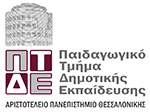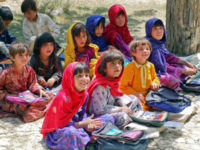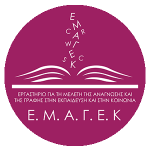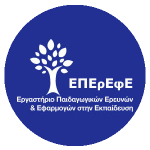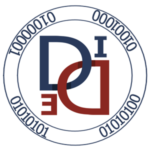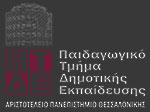WEB ONLINE EVENT
FRIDAY, 9th of APRIL 2021, 8:00 p.m
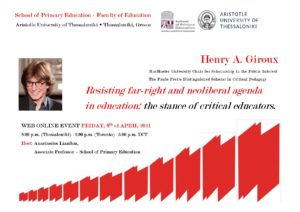
HENRY A. GIROUX
Resisting far-right and neoliberal agenda in education: the stance of critical educators.
Host: AnastassiosLiambas, Associate Professor, School of Primary Education
The event will be live streamed via the following links:
https://www.facebook.com/Critical-Educator-111225374400446
https://www.facebook.com/events/861912164668987/?active_tab=discussion
The School of Primary Education at the Aristotle University of Thessaloniki, is exceptionally honored to announce and host a web online event with Dr. Henry A. Giroux.
Dr. Henry A. Giroux will deliver an analysis on resisting the far-right and the neoliberal agenda in education; the stance of critical educators; and, answer few questions in a public conversation. Focused on his recent work over the last few years, we will have the opportunity to attain his thoughts and reflections, in a period where the neoliberal agenda on education and the society configures the prolegomena for a dystopia that would annihilate the core of democracy, amplifying social and class inequalities.
Dr. Henry A. Giroux currently holds the McMaster University Chair for Scholarship in the Public Interest in the English and Cultural Studies Department and is the Paulo Freire Distinguished Scholar in Critical Pedagogy. His most recent books include: American Nightmare: Facing the Challenge of Fascism (City Lights, 2018), The Terror of the Unforeseen (LARB Books, 2019) Neoliberalism’s War on Higher Education, 2nd edition (Haymarket Books, 2020) On Critical Pedagogy, 2nd edition, (Bloomsbury Academic, 2020), Race, Politics, and Pandemic Pedagogy: Education in a Time of Crisis, (Bloomsbury Academic, 2021).
Throughout his life, Henry Giroux has sought to develop a critical theory of education, emphasizing crucial intersections between the role of education in schools and universities with that of culture and public life. His vision of critical pedagogy advocates for the need to make pedagogy central to politics itself, and to help create the conditions necessary for the development of a formative culture that provides the foundation for developing critical citizens and a meaningful and substantive democracy.
